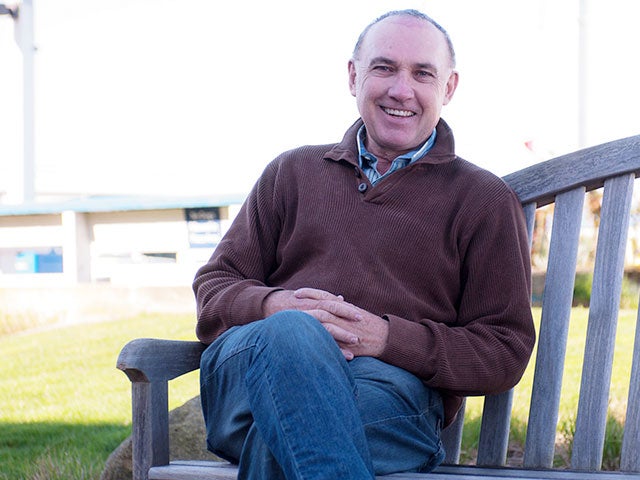Do You Blame Your Unhappiness on Others?

Many of us are suffering. And, our suffering comes largely from broken and fragmented relationships. If you are over the age of 16, you know the pain of broken relationships and lost love.
Yes, people disappoint us, conflict is epidemic, and many struggle with the sadness that accompanies relationship disappointment. We often wait for someone else to change before we can feel happy. When they do change, we feel relief. When they regress, as is usually the case, we feel fear and regret. Others, in many ways, dictate our happiness.
But, it doesn’t need to be this way.
To get help for your marriage from Dr. Hawkins and his qualified staff, please visit The Marriage Recovery Center website or call 206-219-0145.
How can I say this? Because, much of our suffering comes from our own patterns of relating — waiting for someone to bring happiness to us. Now, don’t get me wrong. I write extensively about domestic violence and emotional abuse. The trauma that accompanies such abuse is difficult to recover from.
That said, this article is about empowering you to take control of your life. It’s about setting firm boundaries and not living with past stories, but creating new ones for your future. Before that can happen, you must believe you can positively impact your life, regardless of your circumstances.
Isaiah 43:19 says, “See, I am doing a new thing! Now it springs up; do you not perceive it? I am making a way in the wilderness and streams in the wasteland.”
It is interesting to note the prophet’s words about seeing something new occurring: “Do you not perceive it?” It’s right in front of us and yet we are stuck with old lenses!
As a psychologist, it’s common for me to help people reframe their situation. In other words, we often feel stuck even in the midst of opportunities. We keep playing out tragedies, rehearsing old stories, instead of focusing on creating a new, wonderful life. We are prone to complain about our circumstances even while fearing taking active steps to change them.
If you are ready to do your part, consider these five positive steps of action:
1. Focus on the benefits of your current situation.
Scripture tells us to ‘consider it joy’ when you encounter various trials (James 1:2). Explore your current struggle for benefits. Are you learning to care for yourself more effectively? Are you learning to lean on the Lord more? Are you growing stronger emotionally?
2. Flip the script.
Rather than rehearsing how you have been harmed, remember that you also can harm. Rather than rehearsing how wrong has been done to you, remember that you have done wrong to others as well. Remember the good that has also come from the person you are upset with. Expand the positives while keeping the negatives in perspective.
3. Embrace what you can change.
Focus on what you can change. Practice the Serenity Prayer that emphasizes knowing what you can change (yourself) and what you cannot change (others). Feel the strength that comes from being healthily assertive, making an impact today on your relationships through your behavior.
4. Minimize the power of another to make you miserable.
While it is a simple truth and a bit of a cliché, others don’t make us feel anything. We feel something because we’ve made a habit out of feeling it and because we perceive a situation a certain way. Changing the script and embracing what we can change will change our feelings. We can form new habits that lead to new and healthier feelings.
5. Maintain positive boundaries.
No one will take as good of care of you as you will. Practice teaching people to treat you well. Set firm limits on what you will and will not tolerate and make those boundaries lovingly clear to others. Others cannot mistreat us without our permission.
Are you waiting for someone to change before you feel happy? Do you blame your unhappiness on others?
The Marriage Recovery Center works extensively with individuals and couples struggling with these issues. We’d love to hear from you. Share your feedback below or send me a confidential note and read more about The Marriage Recovery Center and my Marriage Intensives on my website: www.MarriageRecoveryCenter.com. You’ll find videos and podcasts on saving a troubled marriage, as well as, information about my books on narcissistic and emotional abuse.
